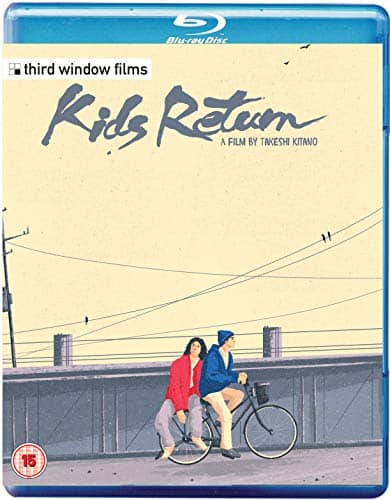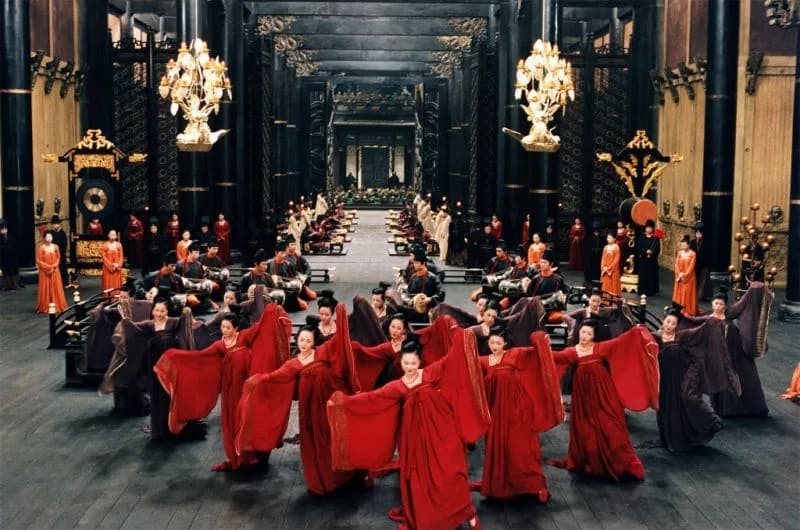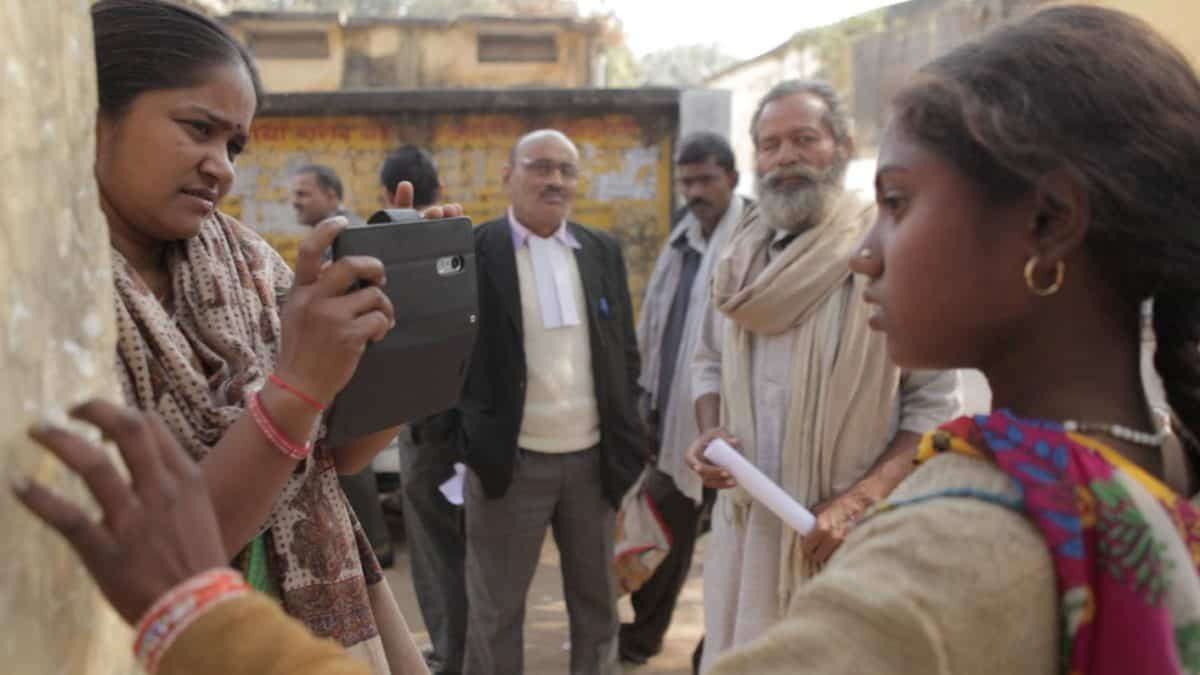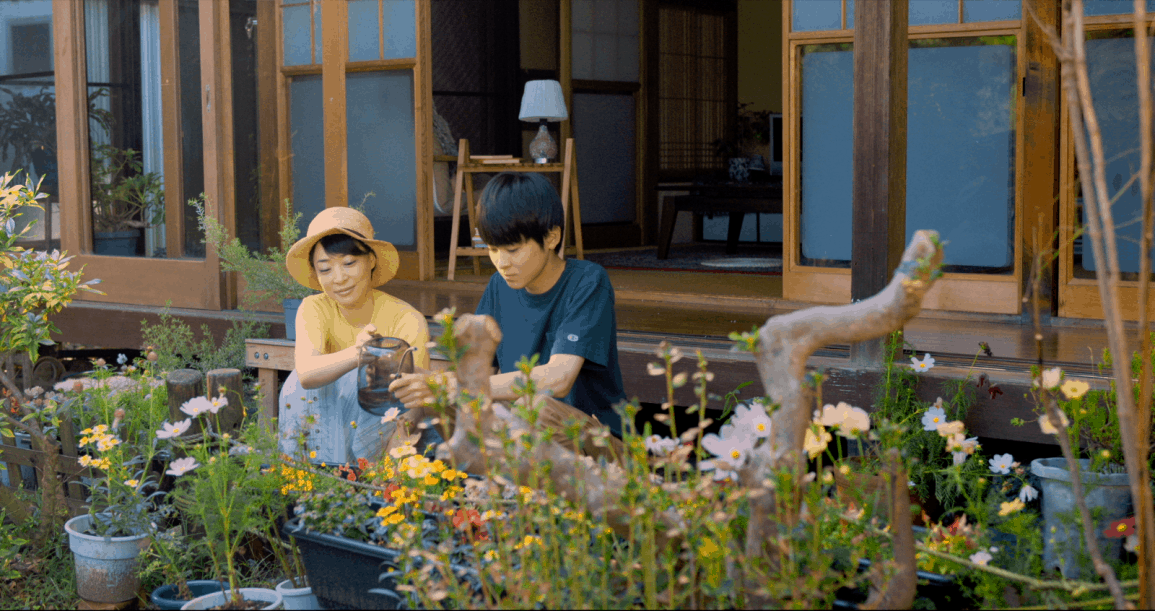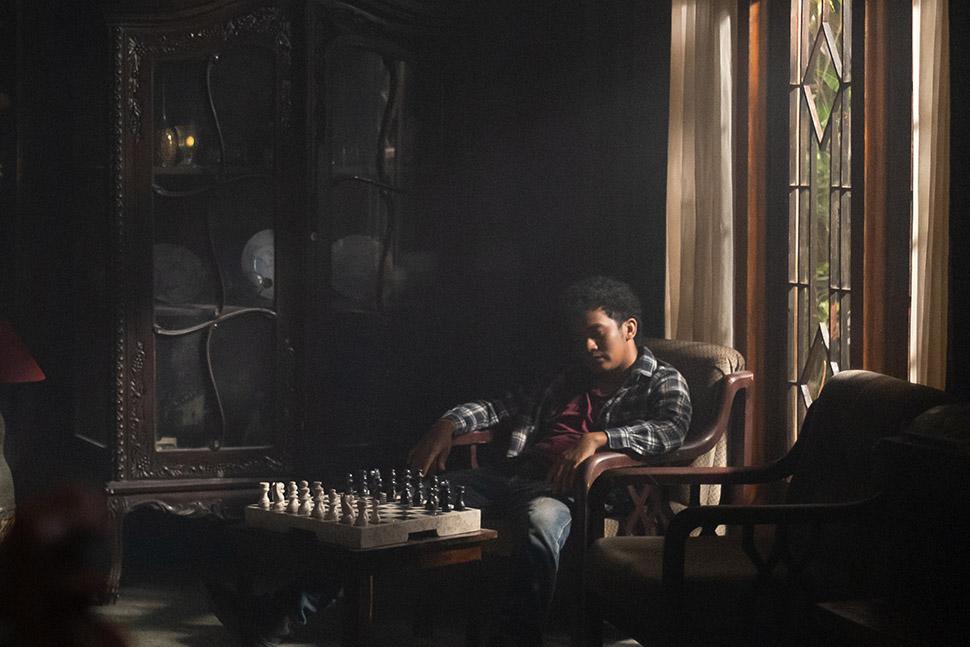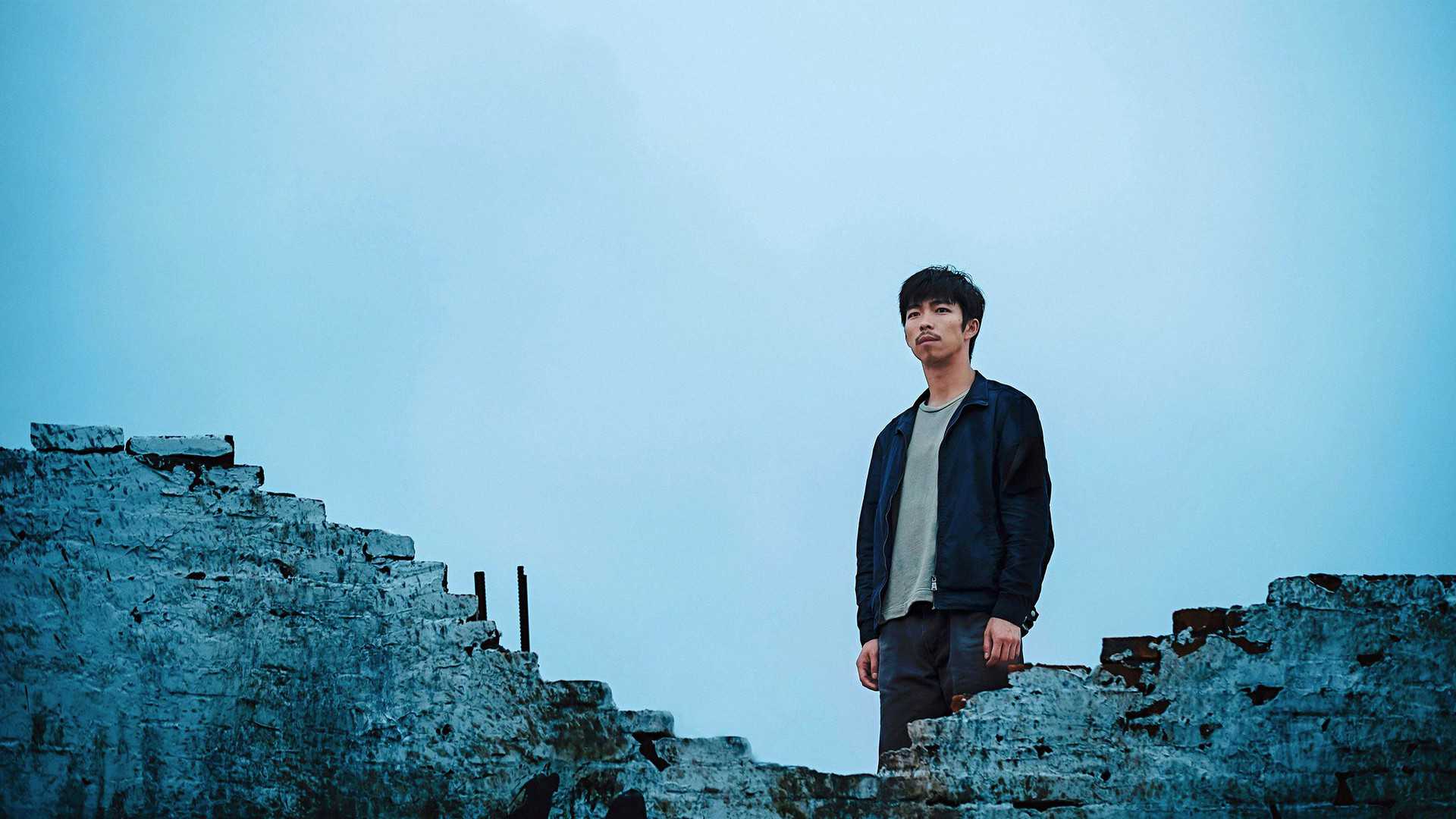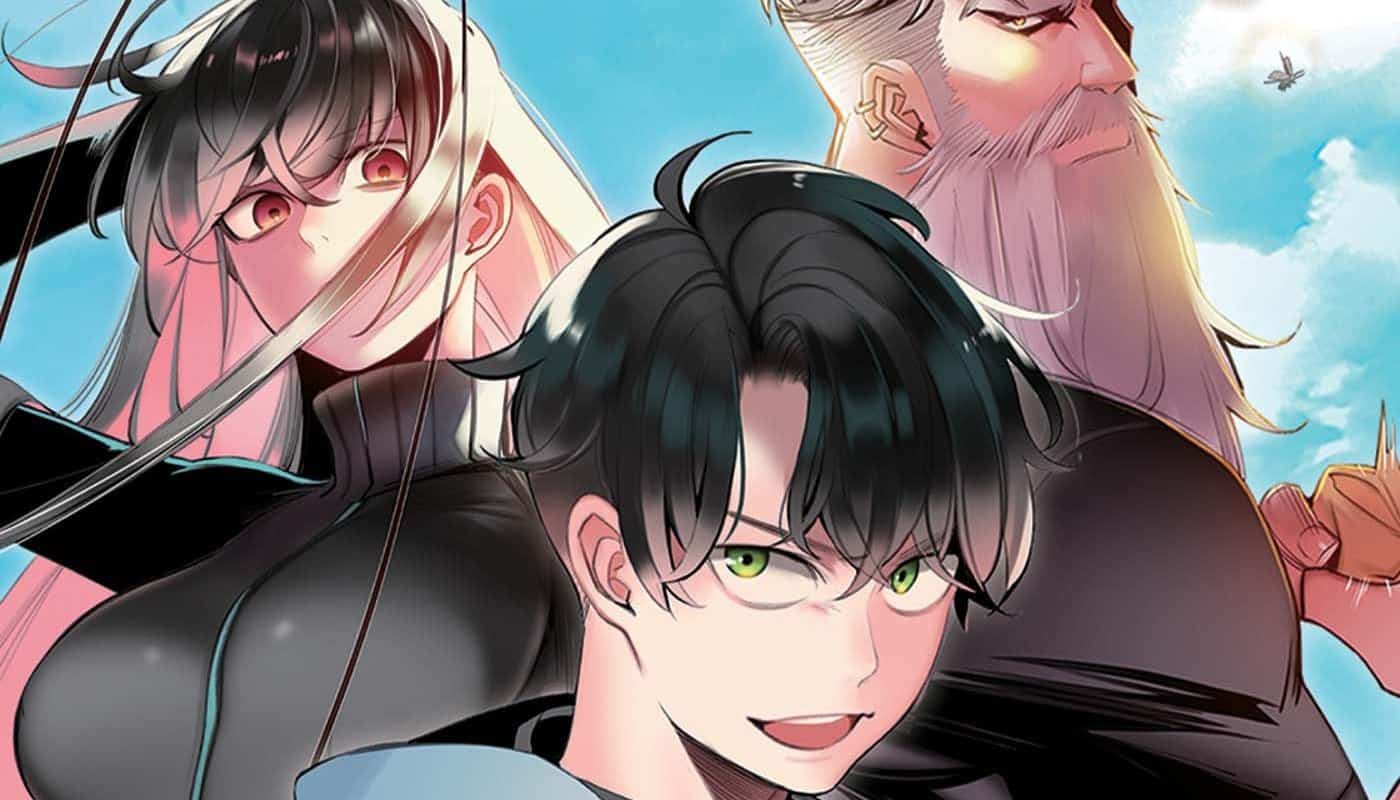After completing the work on his feature “Getting Any?”, director Takeshi Kitano was involved in a near-fatal motorscooter accident, which left the right part of his face paralyzed, causing occasional violent spasms. There were certain rumors saying the accident was really a suicide attempt and also talks about the idea Kitano might stop working, or at the very least, slow down, which he did not do. In 1996, just two years after the incident, he directed “Kids Return”, which was also screened at Cannes Film Festival and received favorable reviews among critics. The story of two friends and their diverging paths in life holds many parallels to the biography of its director, but, mot interestingly, is a melancholic goodbye to the dreams of youth while also looking forward to what the future holds in store for you.
Buy This Title
on Amazon
Ever since they first met in high school, Masaru (Ken Kaneko) and Shinji (Masanobu Ando) are inseparable, much to the displeasure of their teachers, who are annoyed by their pranks as well as their general laid-back attitude. At school, they are also part of a gang who bullies a lot of their fellow students on a regular basis, and also destroys school property, leaving them always on the brink of being expelled. However, after school the two friends spend their time hanging around in cafés and other places, often dreaming of becoming a yakuza, which they often run into when they have a bite to eat or have a drink.
One day, after one of their victims has fought back and knocked out Masaru, their freetime activity changes, as he joins a boxing gym. He eventually convinces Shinji to become a member as well, but it soon becomes apparent to the trainers and the other athletes, the latter is the better boxer, with more potential. After a while, when this fact also becomes apparent to Masaru, he quits the gym, whereas Shinji is on his way to become a professional boxer, until he, one day, meets his friend again, who has now joined the ranks of the yakuza.
Whereas his other features had been largely ignored by Japanese audiences, “Kids Return” became Kitano's most successful work in his home country, which certainly boosted his confidence, considering he often emphasized his disappointment with the way his films had been received in Japan. In comparison to his other projects, this should not come as a surprise as “Kids Return” is easily one of his most accessible features, dealing with themes and issues often linked to coming-of-age stories. There is also a much more life-affirming or optimistic energy at the core of this movie, which might be associated with the director's urge to work again and come back to life, as a filmmaker as well as a TV persona. It is also the first time Kitano deals with this idea of himself, with his past and the pain of growing up, which he would later on explore even further in “Kikujiro” – an interesting counter-piece to “Kids Return”, for many reasons.
At the core of the story, we have the theme of friendship and life choice, represented by the path and decisions of the main characters. Ken Kaneko and Masanobu Ando give great performances as Masaru and Shinji, driven by their motivation to prove their teachers wrong who regard them as “idiots” and “failures” unable to even make it as a small-time criminal. Kitano connects their “ambition”, if you can call it that, to the idea of movement, which is further highlighted by the director's editing job as well as Katsumi Yanagishima's cinematography. Another aspect worth mentioning is the score by Joe Hisashi, stressing the themes of youth, but also the varying moods throughout the story, when the characters succeed or when they fail, unable to fully dedicate themselves to something.
In conclusion, “Kids Return” is a coming-of-age drama about the end of one's dreams and the first steps into adulthood. Takeshi Kitano has directed one of his more accessible works, with great performances, editing and a wonderful score.



